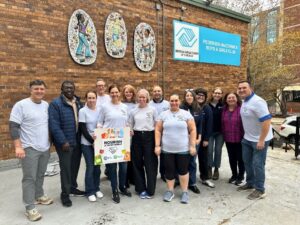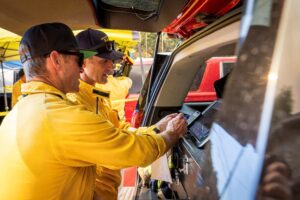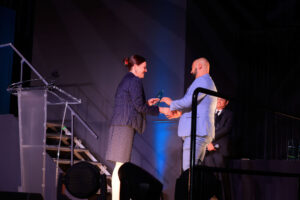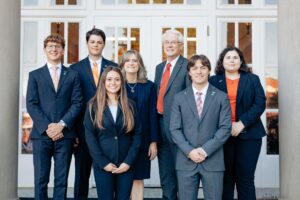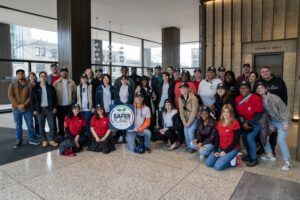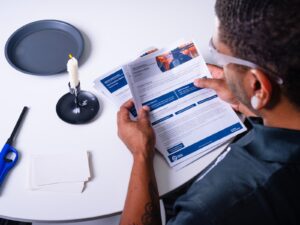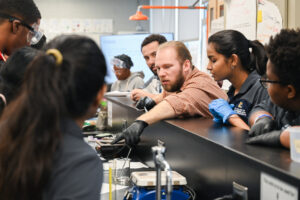Report: AI Engineering Could Help Transform Our Future
Participate in an upcoming public webinar on the Engineering Research Visioning Alliance’s recommendations
With technology like Apple’s new iPhone artificial intelligence (AI) increasingly in the news, surveys show that some 90% of Americans have at least heard about AI. But a majority of them — 52% — are more concerned than excited about it.
The response to such skepticism? The fusion of AI and engineering disciplines into the emerging field of “AI Engineering,” says a new report from the National Science Foundation’s Engineering Research Visioning Alliance (ERVA). AI Engineering is a “generational opportunity” to leverage the knowledge, tools, and techniques of engineering disciplines — including the field’s commitment to safety, health, and public welfare — to create better AI, while AI could transform engineering science, the ERVA report says.
“AI Engineering aims to incorporate ethics into all facets of artificial intelligence while accelerating discovery for the greater good,” said Dr. Jill Crisman, executive director and vice president of the Digital Safety Research Institute at UL Research Institutes, who participated in the ERVA event that informed the report. “This convergence of AI and engineering could drive innovation for a safer, more productive future.”
Register here to join a free public webinar on the report’s key findings slated for 11 a.m. CST July 18.
Led by Pramod Khargonekar, vice chancellor for research and an electrical engineering and computer science professor at the University of California, Irvine, and Bea “Birgit” Braun, principal research scientist of data science and hybrid modeling at Dow, the webinar will feature a panel discussion of the ERVA report highlights and an audience Q&A.
ERVA was launched in 2021 as a five-year initiative to help identify and develop bold new engineering research directions. Funded by the NSF Directorate for Engineering, ERVA serves as a forum for engineers, scientists, ethicists, and others to exchange and conceive of new engineering research ideas.
PUBLISHED
